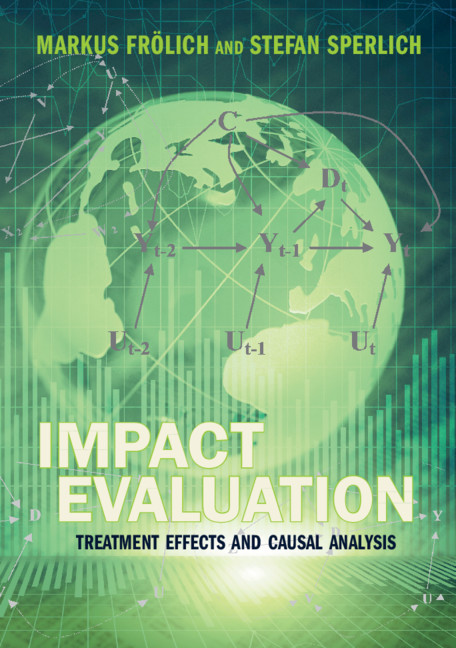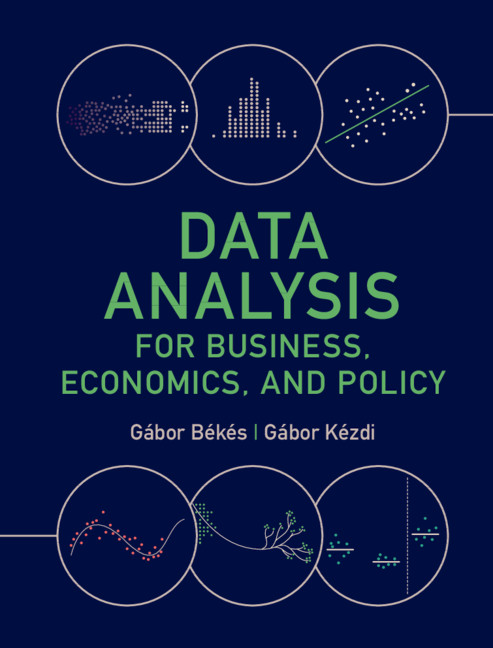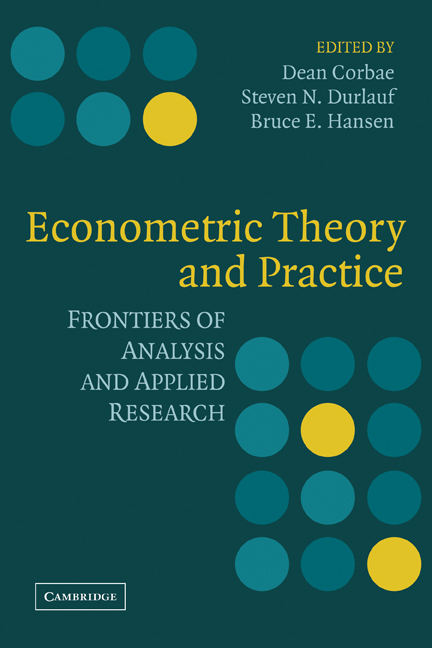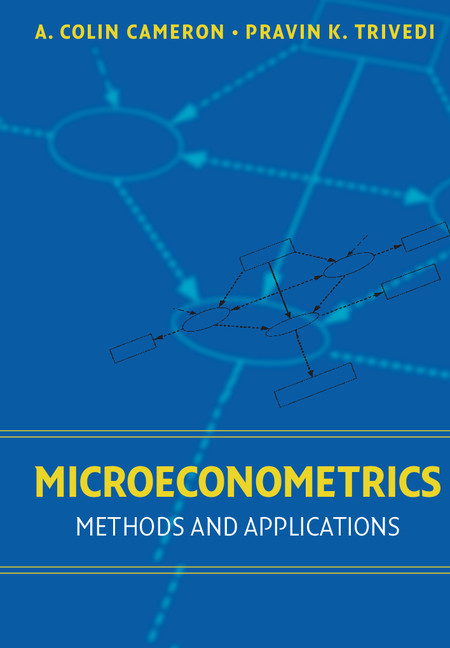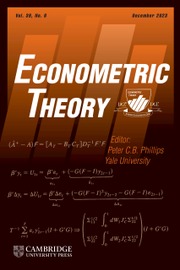Impact Evaluation
In recent years, interest in rigorous impact evaluation has grown tremendously in policy-making, economics, public health, social sciences and international relations. Evidence-based policy-making has become a recurring theme in public policy, alongside greater demands for accountability in public policies and public spending, and requests for independent and rigorous impact evaluations for policy evidence. Frölich and Sperlich offer a comprehensive and up-to-date approach to quantitative impact evaluation analysis, also known as causal inference or treatment effect analysis, illustrating the main approaches for identification and estimation: experimental studies, randomization inference and randomized control trials (RCTs), matching and propensity score matching and weighting, instrumental variable estimation, difference-in-differences, regression discontinuity designs, quantile treatment effects, and evaluation of dynamic treatments. The book is designed for economics graduate courses but can also serve as a manual for professionals in research institutes, governments, and international organizations, evaluating the impact of a wide range of public policies in health, environment, transport and economic development.
- Covers recent developments in rigourous impact evaluations of the last fifteen years
- Considers numerous real world examples
- Uses graphical tools to illustrate key identification conditions
- No previous knowledge of complex econometric theory is required
Reviews & endorsements
'This comprehensive book on impact evaluation provides a long awaited state-of-the-art treatment of the econometric and statistical tools used for impact evaluation in economics and neighboring social sciences. What makes this most useful is the combination of rigorous discussion of the key methodological aspects, so that the tools do not remain a black box, with careful discussions of identification and illustrations of applications. This book will be a quintessential tool both for practitioners and scholars in the field.' Bernd Fitzenberger, Humboldt-Universität zu Berlin and the Centre for European Economic Research (ZEW), Germany
‘This book is an excellent contribution to the literature on treatment effect. All the concepts are clearly defined in a rigorous mathematical framework. Both parametric and non-parametric estimation are treated and numerous examples illustrate the presentation. I strongly recommend this book as a course support and as a reference for researchers on theory or applications of treatment effects models.’ Jean-Pierre Florens, École d'économie de Toulouse
‘Comprehensive summary of the recent classical microeconometric evaluation literature. With its focus on intuition as well as rigour, it is a long awaited reference for the applied and the methodinterested researcher and teacher.' Michael Lechner, Universität St Gallen, Switzerland
‘The authors are to be congratulated for their comprehensive and delightfully modern treatment of causal inference based on observational data. This book spans the most promising approaches towards impact evaluation, and I am particularly impressed by their inclusion of Pearl’s (2000) work alongside many other notable contributions. The emphasis on nonparametric identification and semiparametric and nonparametric estimation makes this text standout. It deserves to be on the bookshelves of all Econometricians who wish to keep abreast of this exciting and rapidly growing field.’ Jeffery Racine, McMaster University, Ontario
‘This book is extremely useful for anyone who wants to learn (more) about the field of quantitative impact evaluation in social sciences. Apart from providing a rigourous treatment of both identification and estimation, the authors are to be commended for clearly stating the assumptions behind the various methods, and also for cautioning against limitations in practical applications. A further benefit of the book is the introduction of causal graphs for impact evaluation in econometrics. In sum, a highly recommended book that surely will have a significant impact.’ Michael Wolf, Universität Zürich
Product details
May 2019Paperback
9781107616066
428 pages
246 × 173 × 20 mm
0.86kg
73 b/w illus.
Available
Table of Contents
- 1. Basic definitions, assumptions, and randomized experiments
- 2. An introduction to nonparametric identification and estimation
- 3. Selection on observables: matching, regression and propensity score estimators
- 4. Selection on unobservables: nonparametric IV and structural equation approaches
- 5. Difference-in-differences estimation: selection on observables and unobservables
- 6. Regression discontinuity design
- 7. Distributional policy analysis and quantile treatment effects
- 8. Dynamic treatment evaluation.

